Hold'em is as much a game of psychology as it is a game of cards. Being able to read a person is considered just as important as getting a good hand. On the battlefield of the card table, the ability to read and control body language is your sub-machine gun. Below is a list of the most telling body language cues and what they say about a player's game.
Smile: You may think that when someone glances at their cards and smiles, it's a dead give away that they have something good. Skilled hold'em players will frequently try to throw off other players by giving a fake smile when they look at their cards. So how can you tell a real smile elicited from a good hand from a fake smile calculated to psych you out? It's all in the eye muscles. A real, genuine smile will involuntarily flex and crinkle the muscles around the outer corners of your eye. You have no control over these muscles when faking a smile however, and an artificial smile will lack any serious eye muscle movement.
The Stare: Many less-than-professional hold'em players cannot help taking a slightly longer look at their cards if they have a good hand. Why is this, you might wonder? Because the human eye is drawn to good cards, and when they are seen, the brain begins thinking about fantasies of winning big, which makes the command to look away take a longer time to process. This all results in "the stare." Any glace at the cards that lasts longer than a couple seconds may qualify as the stare.
The Actor Principle: Many amateur hold'em players will succumb to the all-too-commonly-used strategy of "acting" the opposite of what they have. While this may seem like a smart strategy, it is usually quite easy to read. If someone has a really good hand, for example, they may say things that sound purposely apathetic such as, "Oh, its my go? Alright, I mean...I guess ill play these cards..." On the other hand, a player with a bad hand may be overly energetic and engaging, raising his voice during plays and making seemingly absurd bets.
Repeated Peaking: Many hold'em players will peek back at their hole cards when chasing a straight or a flush. This is because, if the community cards are showing a possible hand, he must glance back at his cards to see if any of them connect. Many players will, in the anxiety of the moment, remember only that their cards are the same suit. Therefore, glancing back at them repeatedly allows them to check if a flush or straight is possible.
Posture: Study each player at the table over the course of a few games. You may notice some posture trends during certain situations. For example, a player may slouch his shoulders when he has a weak hand and doesn't feel confident. On the other hand, a player might sit erect and lean forward to show aggression and confidence.
Trembling Hands: Trembling of the hands is a sign of anxiety, unconsciously performed under stressful circumstances. You may think that trembling hands is a sign of a weak hand, but it is actually quite the opposite! A strong, winning hand frequently produces excited anxiety, and, thus, will cause the player's hands to shake.
Be warned, these tips only represent the general player in the majority of games. Skilled, professional hold'em players will frequently give off fake body language to throw off players. Keep these tips in mind, but don't rely too heavily on them. Use them to remain conscious of your own body language hints as well, and try to control as many aspects of yourself during the game as possible.


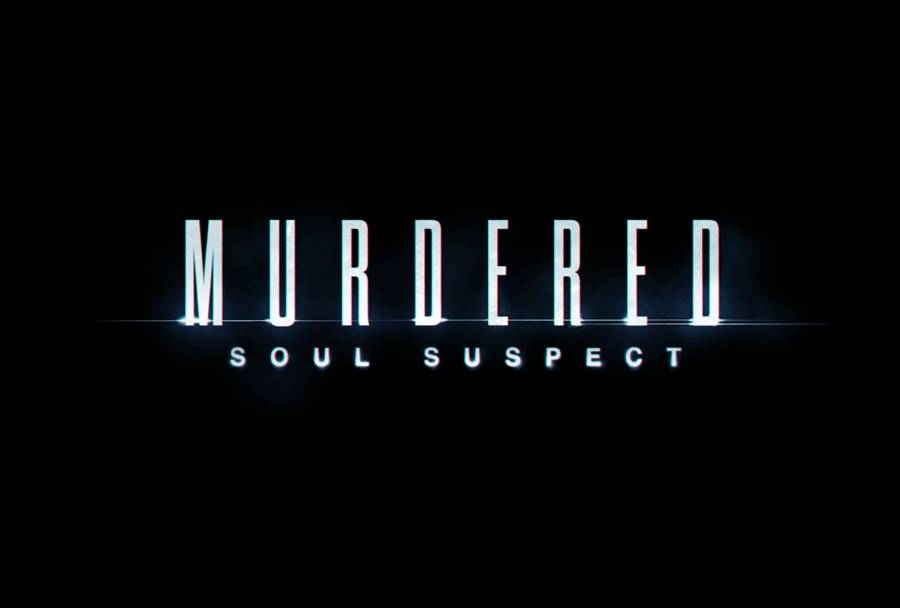

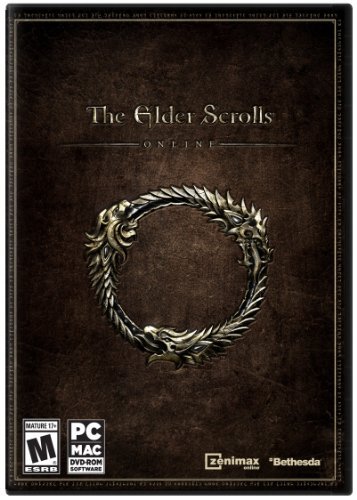
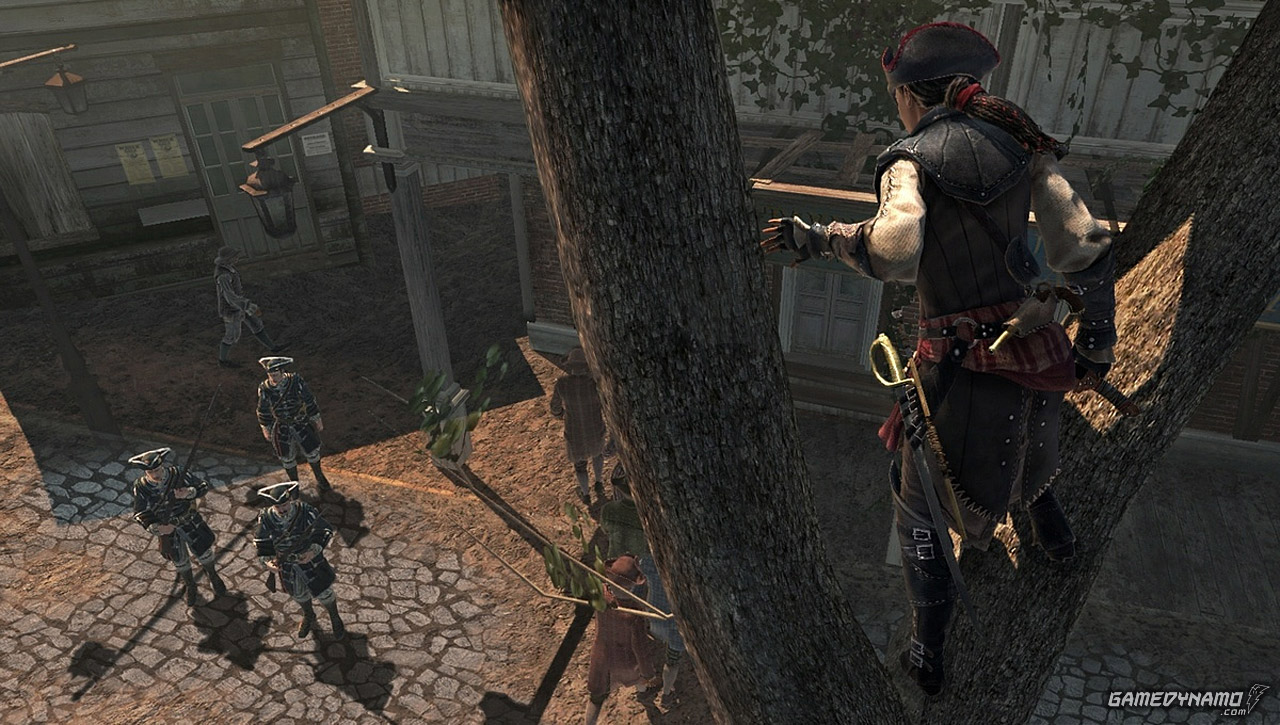
 Sleeping Dogs Meet The New Boss Mission Walkthrough - GamersHeroes
Sleeping Dogs Meet The New Boss Mission Walkthrough - GamersHeroes Just Cause 3 Collectibles Location Guide: Where to find every Ancient Tomb, Tape, Vintage Part and Shrine
Just Cause 3 Collectibles Location Guide: Where to find every Ancient Tomb, Tape, Vintage Part and Shrine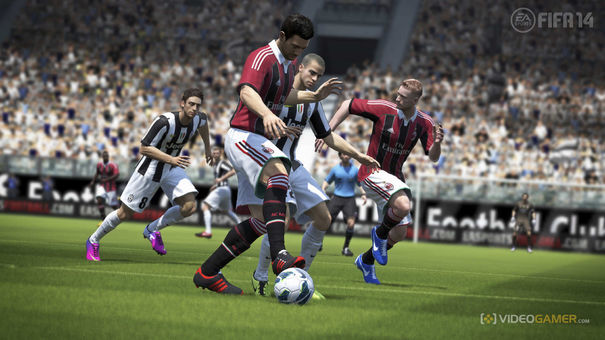 FIFA 14: Beginners Guide
FIFA 14: Beginners Guide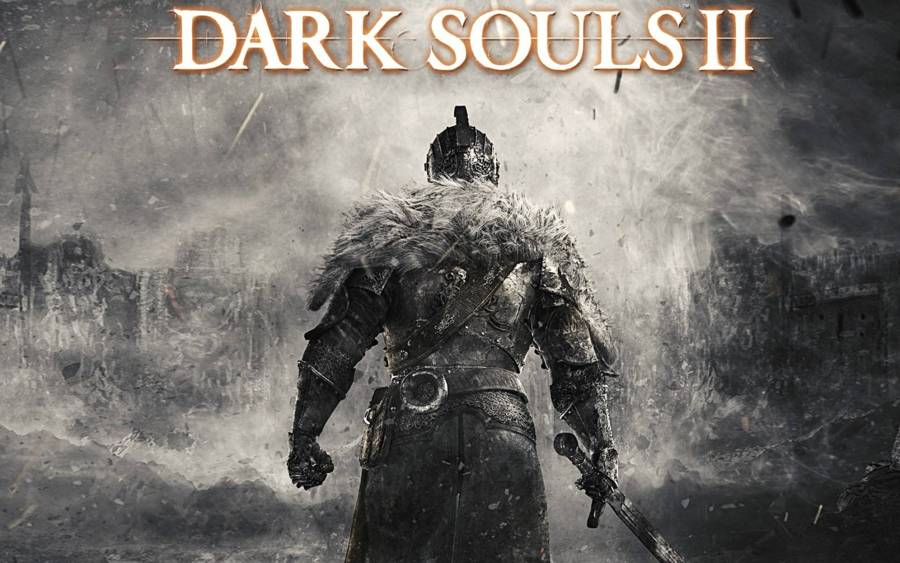 How to Upgrade Your Weapon In Dark Souls 2
How to Upgrade Your Weapon In Dark Souls 2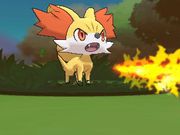 Pokemon X and Y Review: First Impressions
Pokemon X and Y Review: First Impressions